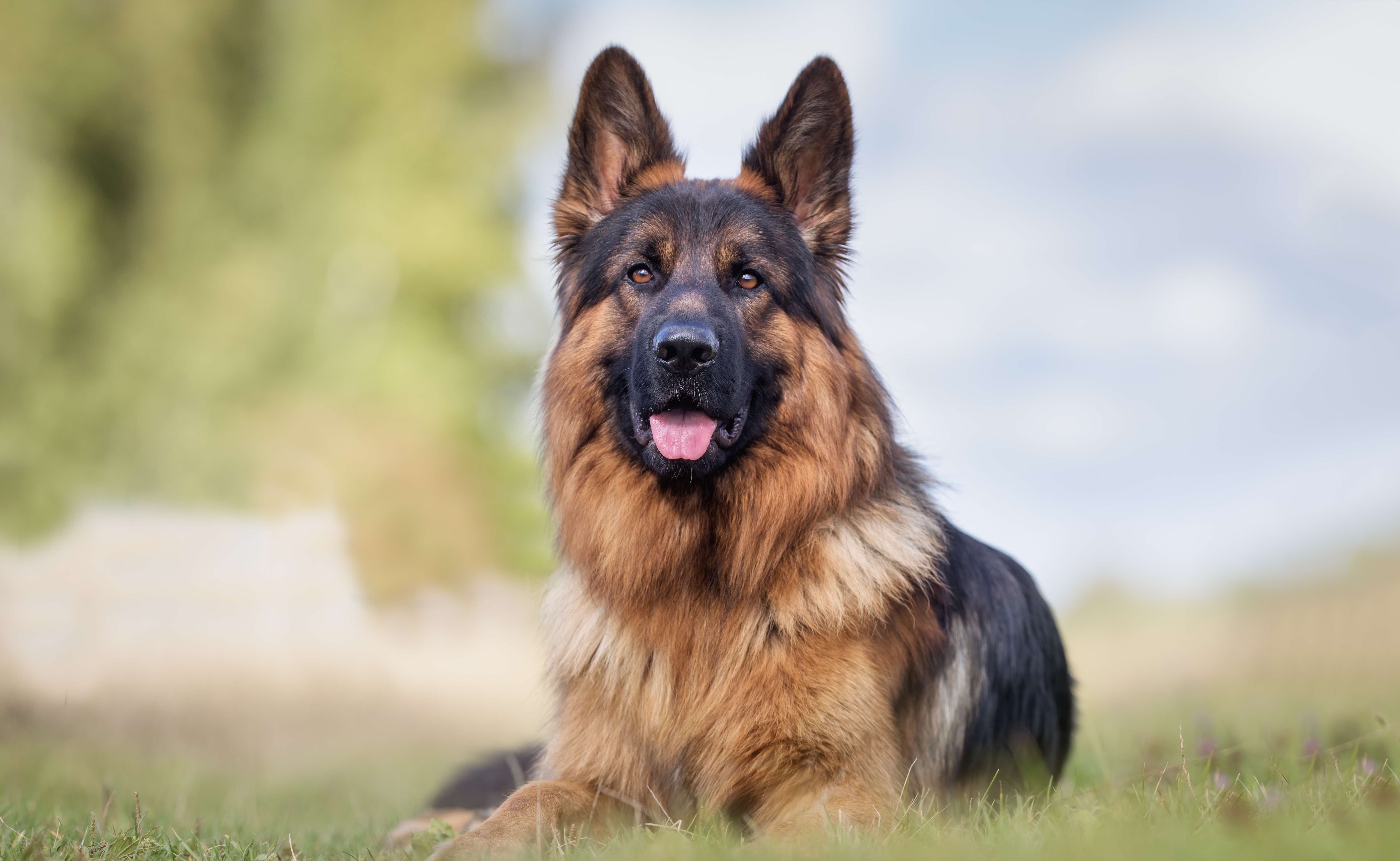
German Shepherd Coat Care in Summer: Essential Tips for Healthy Fur
Share
As the warm summer months approach, ensuring your German Shepherd's coat remains healthy and vibrant is a top priority for any health-conscious pet owner. Understanding the unique needs of your furry friend during this season is crucial for their comfort and well-being. In this guide, we'll delve into the intricacies of German Shepherd coat care in summer, offering you practical tips and advice to keep your pet's coat in pristine condition.

The Importance of Summer Coat Care
Summer brings with it increased temperatures and humidity, which can have a profound impact on your German Shepherd's coat and skin health. The dense double coat of a German Shepherd is designed to protect against various weather conditions, but it can also trap heat and moisture, leading to discomfort if not properly maintained. Ensuring proper grooming and care during summer not only keeps your pet cool but also prevents issues such as matting, skin irritations, and excessive shedding.
Regular Brushing
One of the most effective ways to manage your German Shepherd's coat during summer is through regular brushing. This not only removes loose fur and prevents matting but also stimulates the skin and distributes natural oils, promoting a healthy coat. For a comprehensive guide on the best brushes and techniques, visit how to brush a German Shepherd.
Bathing and Hygiene
Bathing your German Shepherd is another essential aspect of summer coat care. However, it's important not to overdo it, as frequent baths can strip the coat of its natural oils, leading to dryness and irritation. A balanced bathing schedule is key. You can explore more about setting up an effective bathing routine by checking out German Shepherd bathing schedule.
Hydration and Nutrition
Summer heat increases your dog's need for hydration. Ensure your German Shepherd has constant access to fresh, clean water. Nutrition also plays a vital role in coat health. Foods rich in Omega-3 and Omega-6 fatty acids contribute to a lush and shiny coat. For insights into dietary requirements, refer to German Shepherd calcium requirements.
Protection Against Parasites
Summer is also the season where parasites like fleas and ticks are most active. These pests can cause significant discomfort and health issues. Regular checks and the use of safe preventative treatments can help keep these unwanted guests at bay. Consult your vet for the best solutions tailored for your pet.
Maintaining Ear Health
With increased outdoor activity during summer, your German Shepherd's ears can accumulate dirt and moisture, leading to infections. Regular cleaning is essential. For tips on how to properly clean your dog's ears, visit German Shepherd ear cleaning tips.
Understanding Your Shepherd's Needs
Every German Shepherd is unique, and understanding your pet's specific needs is key to effective summer coat care. Observing changes in behavior or coat condition can help you adjust care routines accordingly. For more information on the breed and its characteristics, check out this comprehensive guide from PetMD.
Conclusion
Proper German Shepherd coat care in summer is essential for maintaining your pet's health and happiness. By following these tips and staying attuned to your dog's needs, you can ensure a comfortable and enjoyable summer for your furry friend. Stay proactive and informed, and your German Shepherd will thrive through the warm season.

FAQs
Q1: How often should I brush my German Shepherd in the summer?
A: Ideally, you should brush your German Shepherd 3 to 4 times a week during summer to reduce shedding and prevent matting.
Q2: Can I shave my German Shepherd to keep them cool?
A: It's not recommended to shave a German Shepherd. Their double coat helps regulate body temperature and protects against sunburn.
Q3: What should I do if my German Shepherd's coat looks dull?
A: A dull coat can be improved with a balanced diet rich in Omega fatty acids, regular grooming, and ensuring your dog is free from parasites.
This article contains affiliate links. We may earn a commission at no extra cost to you.
